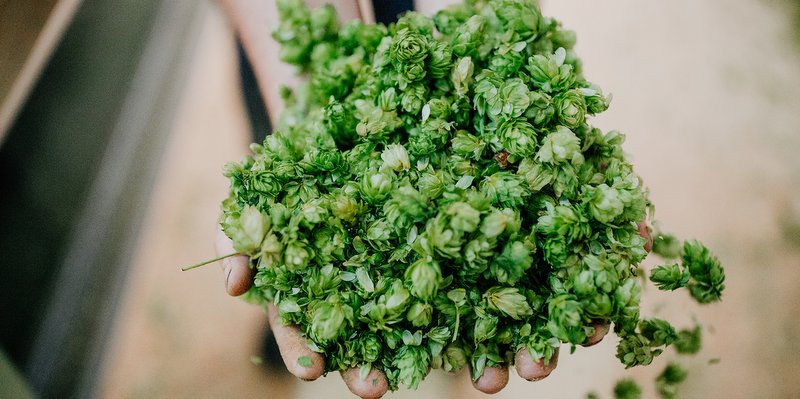
While an average hop crop is expected in the United States, drought and heat waves have taken a toll on the European hop crop, says global hop company BarthHaas in its August 2022 report.
Its German crop is estimated to by down by 20% vs. 2021. Particularly the early maturing varieties (Hallertau Mittelfrüh, Northern Brewer, Hall. Tradition, Perle) are affected and will yield poorly. Rainfalls towards the end of August are giving hope for the later maturing varieties that still have time to recover.
Early alpha acid screening indicates, as can be expected, that alpha acid levels will also be below
their respective long-term average.
The other European growing areas have seen similar conditions and crop expectations are a mixed
bag compared to 2021. After a record crop in 2021 the Czech Republic is in store for a very poor
crop this year.

What all of this means for the markets is hard to gauge, the analysts say.
There is certainly supply from previous crops that will help to mitigate the shortfall, but these inventories are not necessarily of the varieties that are most needed. Many brewers are reporting very good beer production volumes for the first half of 2022 as the on premise business is back in full swing. Some have even exceeded their output levels of the first six months of 2019. Therefore, demand is mostly strong across the globe.
Overall, we believe there is enough supply available to satisfy demand, but it will require the cooperation and flexibility from brewers with regards to crop year and varieties. The 2022 crop will also present an opportunity to make corrections to over-contracted forward positions. Finding the right price point for every variety in the spot market will prove tricky in view of a short crop 2022 in combination with inventories from previous crops at very variable levels.
What is certain is that forward prices will be higher than in the past. Growers are facing significant cost increases, much higher than general inflation, and will not be able to operate at historic price levels. We also encourage brewers to embrace modern varieties that are better suited to the changing climate and provide more stable yields than the well-known workhorses of the past.





Leave a Reply
You must be logged in to post a comment.